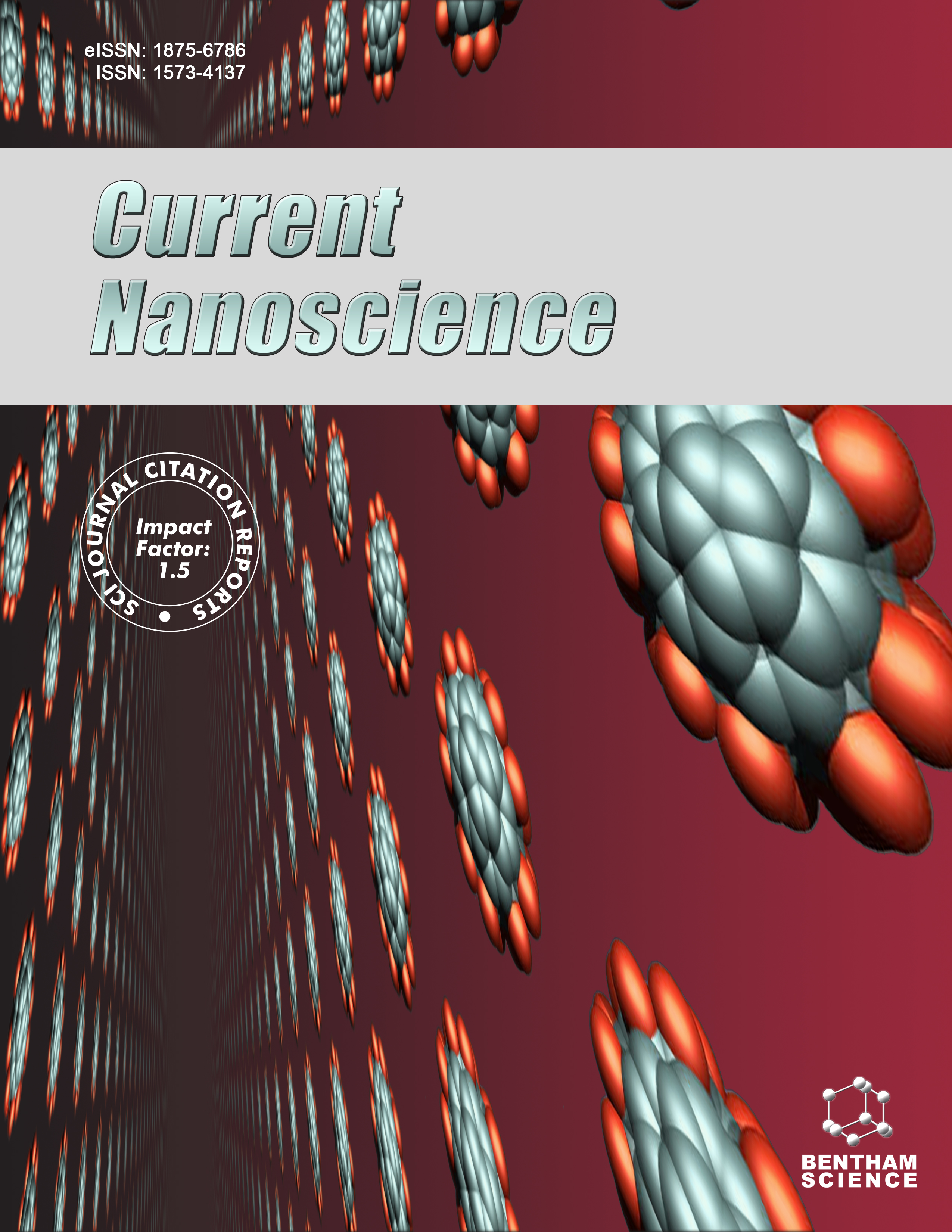
Full text loading...
Cancer has long been the leading cause of death in many countries. This complex category of diseases is characterized by the uncontrolled growth and spread of abnormal cells. To reduce the cancer mortality rate, early detection of the disease is essential. As a result, extensive research is directed towards the early identification of the cancer disease by developing novel cancer cell detection technologies. One such novel technology is Surface Enhanced Raman Scattering (SERS). This technique is highly sensitive because of the highly enhanced SERS signals due to metal nanoparticles, which allow the detection of ultra-low concentration (femto-molar) of several important cancer biomarkers. Moreover, metal nanoparticle-based SERS is found to be more sensitive and can be used for the detection of cancer cells or biomarkers over a longer period. The SERS is also useful for multiple biomarker detection. Compared to other fluorescence bands, Raman bands are narrower, which allows for the individual and simultaneous detection of multiple biomarkers. In this context, we have outlined the latest advancements in SERS for the effective detection of cancer biomarkers. Additionally, we discuss the current challenges and future potential of SERS in cancer cell detection.

Article metrics loading...

Full text loading...
References


Data & Media loading...

